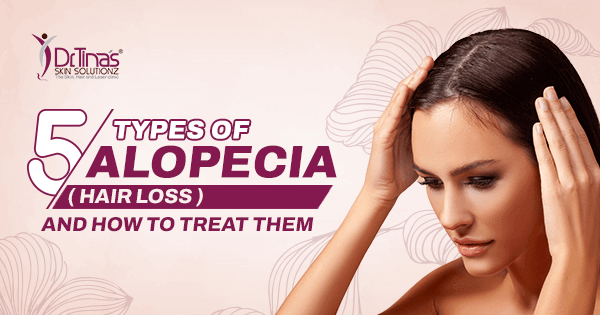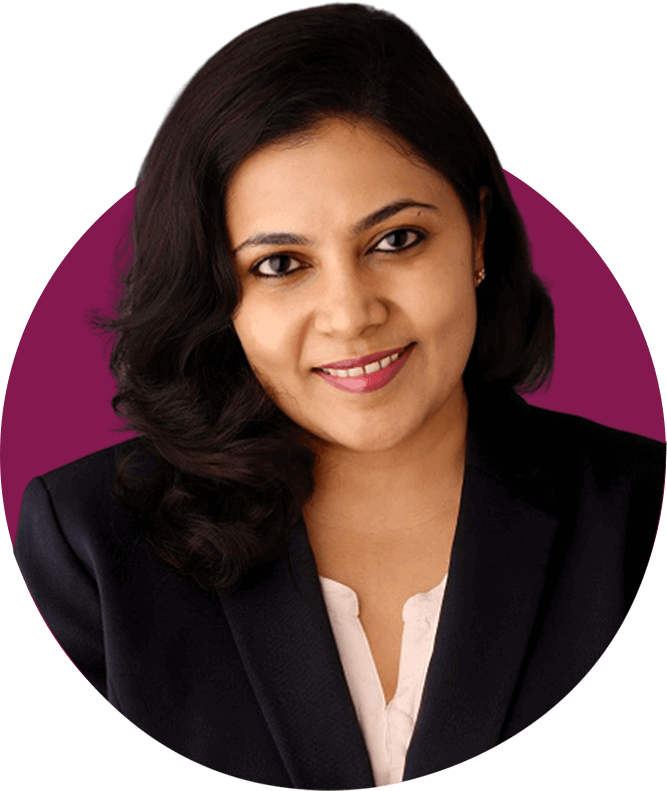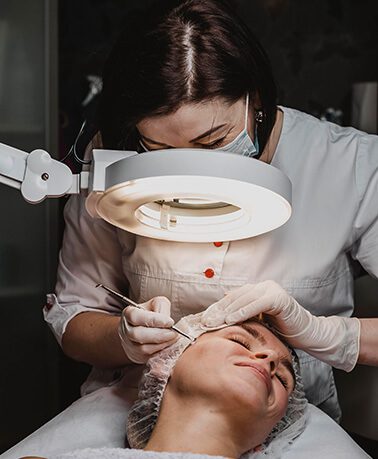5 Types of Alopecia (Hair Loss) and How to Treat Them

Nithin has begun to notice his receding hairline lately. Only in his mid-twenties, this has led his confidence to take a backseat. Besides his personal life, Nithin’s self-esteem at work has also been affected. This is the case for more than 80% of men and more than 50% of women – who experience hair loss (or Alopecia) in some form or extent. On the brighter side, with the popularity of advanced hair loss treatment in Bangalore, providing the right remedy has become easier.
What is Alopecia?
An umbrella term – Alopecia is a condition that is characterised by the sudden or gradual onset of hair loss. While Alopecia usually does not indicate any other health problem, it can be a sign of certain internal changes in the body. Alopecia has several forms in the way it appears and affects the hair.
Alopecia is not the same as hair fall. It is normal for human bodies to lose or shed between 50 to 100 hair strands regularly. Hence, do not confuse normal hair loss with Alopecia.
Types of Alopecia
Alopecia can vary from person to person, depending on the pattern, cause, and gender.
Androgenic Alopecia
Common among both men and women, Androgenic Alopecia typically involves a gradual loss of hair on the scalp. It is mostly caused by genetic issues and in many cases, by environmental factors. This type of hair loss is termed Male-patterned hair loss when it happens to men and Female-patterned hair loss, in females. Men typically notice an M-shaped hair loss on the top and front part of the scalp. This gradually grows into partial or complete hair loss. For women, it starts with the widening of the middle hair parting. The hair density of hair gradually decreases on the top of the crown of the head. For many women, the hairline on the front remains unaffected.
Alopecia Areata
Alopecia areata is characterised by the loss of hair in oval or circular patches on the scalp or anywhere on the body. This condition is generally an autoimmune condition that happens when the immune system mistakenly attacks the body, or in this case, the hair follicles. Many people also experienced hair loss (Telogen Effluvium) in the post-Covid period. Alopecia areata can cause emotional turmoil for many people. A dermatologist may recommend waiting for the lost hair to grow back naturally, before recommending a treatment. Oftentimes, patients may respond to treatments for a while. However, the condition often relapses and therefore there is no permanent cure.
Alopecia Universalis
Signs and symptoms of this condition include complete loss of hair from the scalp and body. People who have Alopecia universalis experience hair loss including areas like eyebrows, chest, lashes, arms, legs, and pubic region. This condition is a form of Alopecia areata. This condition is more common in patients whose family members have alopecia.
Traction Alopecia
This condition develops when the hair gets pulled or stretched upon being tied in tight hairstyles including ponytails, hair extensions, braids, etc. The constant stretch of the hair damages the hair follicles. In some cases can cause permanent hair loss, if not intervened at an early stage. Common symptoms of this condition include redness of the scalp, bumps, itching, and folliculitis.
Cicatricial Alopecia
One of the severe forms of alopecia, this is often marked by inflammation of the hair follicles which results in scarring. The scarring is caused because of the scar tissues, which eventually cause permanent hair loss. Symptoms of Cicatricial alopecia include itchiness, heat, and pustules and are diagnosed after a scalp biopsy.
Treatment for Alopecia
Hair loss treatment in Bangalore offers solutions to patients experiencing forms of this condition. Since there are several forms of alopecia, the treatment also varies.
Platelet Rich Plasma (PRP)
One of the most recommended hair loss treatments is platelet-rich plasma (PRP) therapy. This procedure involves the straw part(plasma) of the patient’s blood being drawn, processed, and injected into the scalp. This has been proven beneficial to regrow hair by healing scalp tissues and hair follicles. Proteins from the PRP boost the healing factor– thereby showing regenerative results.
GFC Treatment
Growth Factor Concentrate(GFC) treatment also works wonders to battle hair loss. The treatment uses a highly concentrated plasma which upon injecting onto the scalp and neck promotes hair growth.
Corticosteroid Injections
Certain types of alopecia can be treated with corticosteroid injections. These injections are effective for treating hair loss brought on by the body’s immune system attacking hair follicles — such as Alopecia areata and Alopecia universalis. This treatment requires several sessions after every 4 to 8 weeks, as recommended by the doctor.
Medical Line of Management
Besides, medical professionals also recommend making nutritional and lifestyle factors that are likely to be causing hair loss. Consistent usage of prescribed medications can also help revive hair fall and lead to hair growth.
The causes of alopecia can be varied and hence patients can respond to different treatments. While some types may not require any treatment, others may need hair loss treatment in Bangalore. However, before taking a leap at treatment, it is a must to consult an expert.

Dr.Tina Ramachander is one of the best dermatologist in Bangalore and Medical Director at Dr.Tina’s Skin Solutionz, a skin care clinic in Bangalore. She completed her master’s in dermatology from the well acclaimed JJM Medical college in Karnataka and is now a practicising dermatosurgeon and Medical Cosmetologist in Bangalore.

